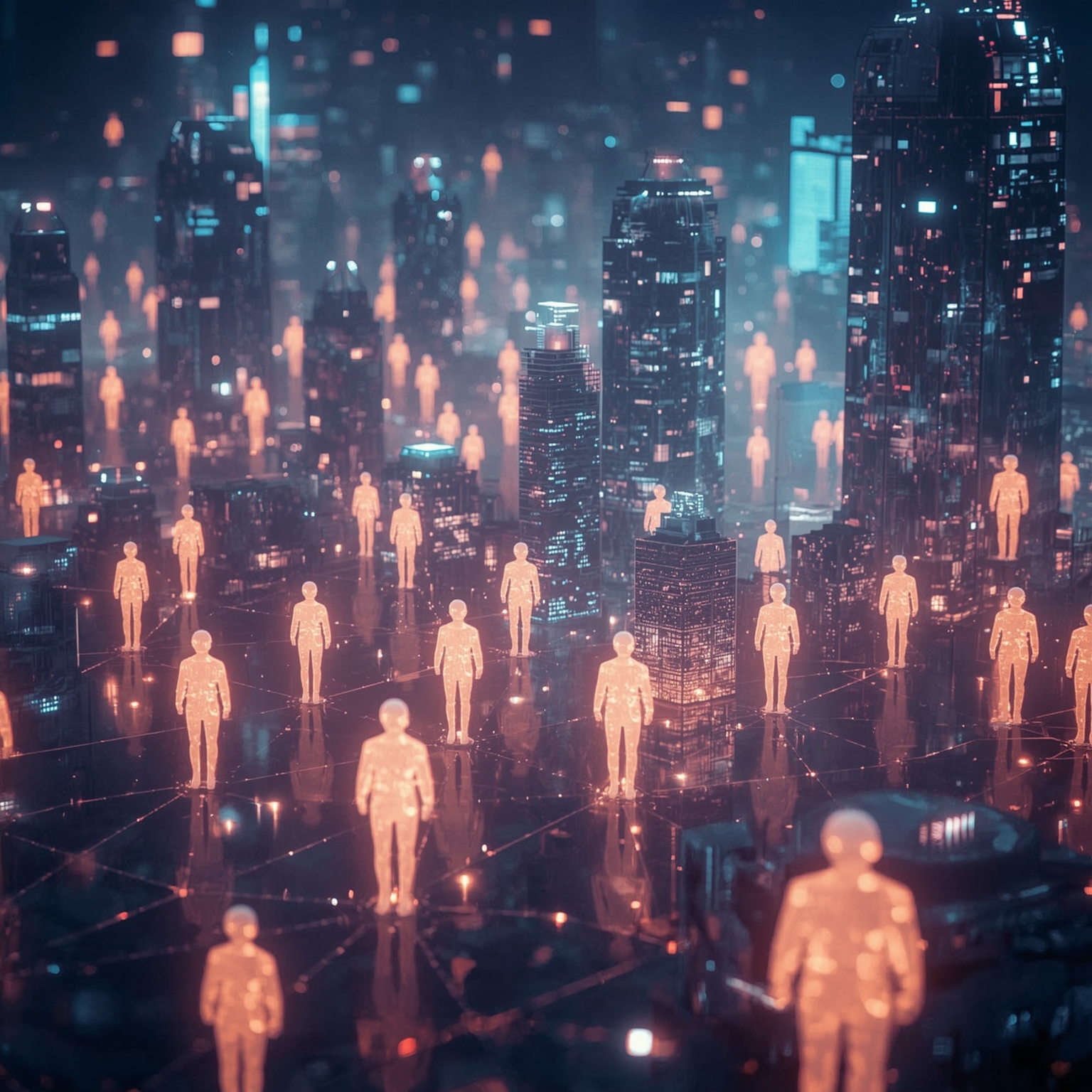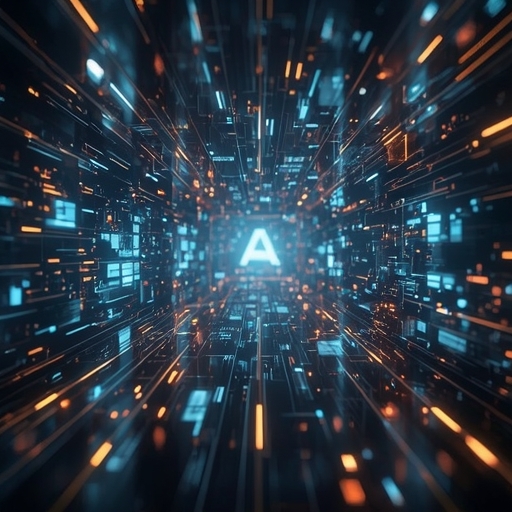Artificial intelligence stands at the core of a profound technological renaissance, dramatically transforming the way industries operate, optimize processes, and pursue growth. Across sectors, from healthcare and finance to manufacturing and education, AI has become a catalyst for unprecedented surges in productivity, efficiency, and profitability. Yet beneath this impressive narrative of progress lies a paradox that cannot be ignored: while the metrics of success continue to climb, an undercurrent of unease runs through the collective psyche of societies adapting to such relentless advancement. The world marvels at the potential of intelligent automation, predictive analytics, and algorithmic reasoning, but at the same time, countless individuals experience a subtle yet genuine emotional disconnection from the very revolution they helped create or now feel compelled to follow.
This emotional dissonance arises from the tension between humanity’s pursuit of innovation and its enduring need for meaning, stability, and emotional resonance. Productivity may rise and profits may soar, but the sense of belonging, purpose, and control that anchors human contentment often struggles to keep pace. The relentless acceleration of technology reshapes not only markets and economies but also the rhythms of daily life — from how we communicate and make decisions to how we perceive our own relevance in an increasingly automated world. What should feel like empowerment occasionally manifests instead as displacement or alienation, as people question whether the benefits of progress are distributed fairly or whether they remain spectators to forces beyond their influence.
This contrast invites an essential question: can a technological revolution truly be deemed successful if its achievements are measured only by efficiency and output, while leaving emotional fulfillment and psychological well-being behind? Sustainable progress must be more than the sum of its algorithms and economic gains; it must harmonize innovation with empathy, ensuring that complexity does not eclipse compassion. The challenge of our era, therefore, is not merely to advance artificial intelligence but to cultivate an environment where technology strengthens the human spirit rather than undermines it. If we can bridge this widening emotional gap — aligning intelligent systems with the deeper needs of their creators and users — then the AI revolution may finally evolve into something genuinely human in both purpose and impact.
Sourse: https://www.wsj.com/tech/ai/the-most-joyless-tech-revolution-ever-ai-is-making-us-rich-and-unhappy-6b7116a3?mod=rss_Technology



